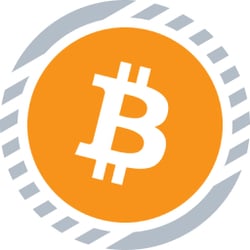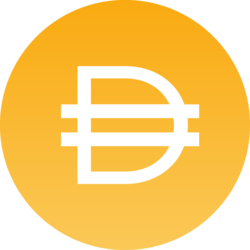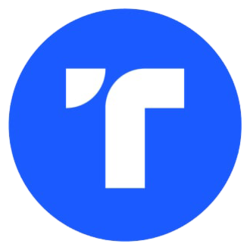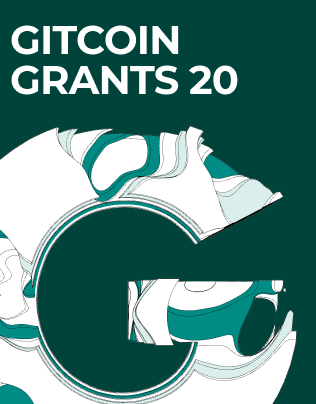 OMG Network
OMG Network
$67.24 K
1.36%
...
Choose token
 Ether (ETH)
Ether (ETH) Tether USD (USDT)
Tether USD (USDT) OMGToken (OMG)
OMGToken (OMG) Wrapped BTC (WBTC)
Wrapped BTC (WBTC) Gnosis Token (GNO)
Gnosis Token (GNO) renBTC (renBTC)
renBTC (renBTC) Dai Stablecoin (DAI)
Dai Stablecoin (DAI) BUSD (BUSD)
BUSD (BUSD) Pax Dollar (USDP)
Pax Dollar (USDP) TrueUSD (TUSD)
TrueUSD (TUSD) 0x Protocol Token (ZRX)
0x Protocol Token (ZRX) Matic Token (MATIC)
Matic Token (MATIC) Basic Attention Token (BAT)
Basic Attention Token (BAT) CRO (CRO)
CRO (CRO) ChainLink Token (LINK)
ChainLink Token (LINK)Funds can be stolen if
Funds can be lost if
Users can be censored if
MEV can be extracted if
State validation
Exits onlyExits from the network are subject to a period when they can be challenged. The internal network state is left unchecked.
Data availability
ExternalProof construction and state derivation rely fully on data that is NOT published on chain.
Exit window
NoneThere is no window for users to exit in case of an unwanted upgrade since contracts are instantly upgradable.
Sequencer failure
Force via L1Users can force the sequencer to include a withdrawal transaction by submitting a request through L1. If the sequencer censors or is down for , users can use the exit hatch to withdraw their funds.
Proposer failure
Use escape hatchUsers are able to trustlessly exit by submitting a Merkle proof of funds. The details are unknown.
Fraud proofs apply to exits only
The internal system state is not subject to any checks. Only exits from the system can be challenged. This places a much higher burden on potential validators, as they have to monitor all user activity and not only the single state.
Funds can be stolen if there are fraudulent exits which nobody reported. Fraud proofs assume that every exit is checked by at least one honest and able party (CRITICAL).
Data is not stored on chain
The transaction data is stored on a plasma chain and is not recorded on the Ethereum main chain.
Funds can be lost if the external data becomes unavailable (CRITICAL).
The system has a centralized operator
The operator is the only entity that can propose blocks. A live and trustworthy operator is vital to the health of the system.
MEV can be extracted if the operator exploits their centralized position and frontruns user transactions.
Users can independently exit the system
Independent exit allows the users to escape censorship by withdrawing their funds. The system allows users to withdraw their funds by submitting a transaction directly to the contract on-chain.
Users can be censored if the operator refuses to include their transactions. However, there exists a mechanism to independently exit the system.
Regular exit
The user executes the withdrawal by submitting a transaction on L1 that requires a merkle proof of funds.
The mass exit problem is unsolved
In case the operator is malicious all users need to exit within a predetermined time frame. Users that do not manage to do this will lose their funds.
Funds can be stolen if users are unable to withdraw in a mass exit event.
The system consists of the following smart contracts:
This contract stores the following tokens: ETH.
This contract can store any token.
The source code of this contract is not verified on Etherscan.
The source code of this contract is not verified on Etherscan.
The source code of the PaymentStartStandardExit library used by this contract is not verified on Etherscan.
The current deployment carries some associated risks:
Funds can be stolen if the source code of unverified contracts contains malicious code (CRITICAL).
